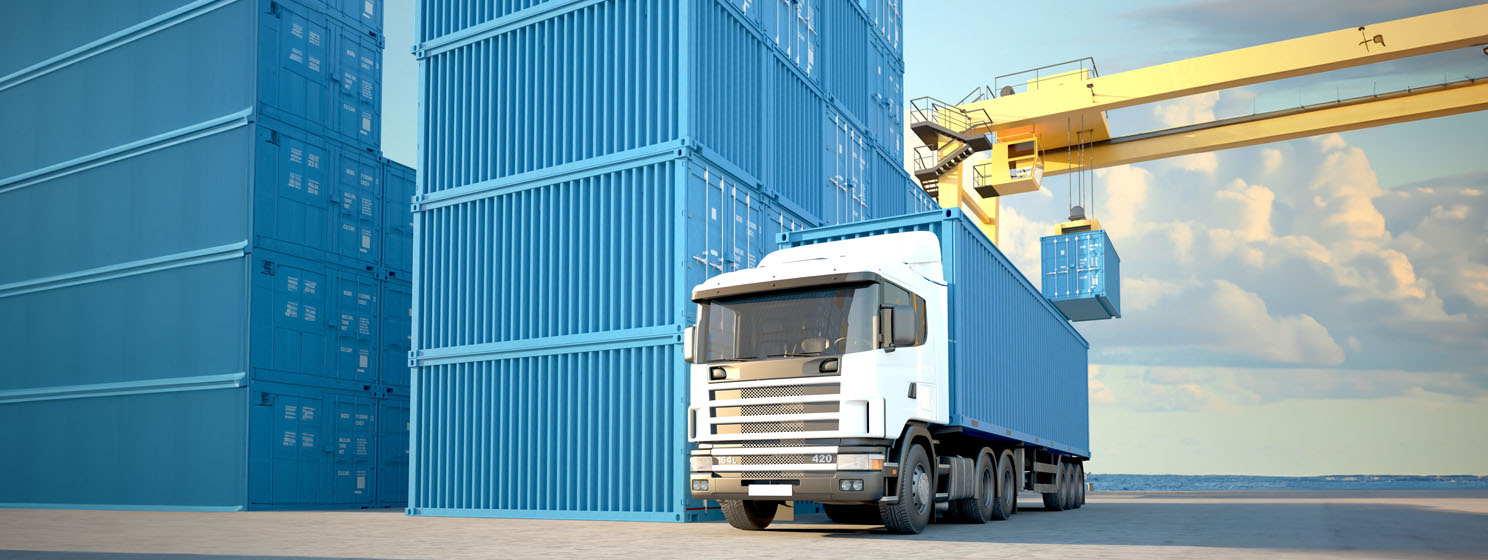|
Getting your Trinity Audio player ready...
|
Visa (NASDAQ: V) has launched a new digital payment pilot for small and medium enterprise freight forwarders, with the first transaction completed at the Hong Kong International Airport (HKIA).
Visa partnered with the Shanghai Commercial Bank and the Airport Authority Hong Kong (AAHK) for the pilot, which it says is the first of its kind in the industry.
The pilot targets payments made by co-loading businesses, where multiple freight forwarders team up and combine their shipments to cut costs and optimize airline capacity. Co-loading has become increasingly common with the advent of new tech-powered logistics tools that enable collaboration. Environmental concerns have also played a part, with freight forwarders encouraged to fully utilize cargo space.
The pilot introduces a new card-based payments system with real-time, pre-authorized payments backed by verified cargo data. It seeks to curb fraud risk and payment delay and eliminate manual reconciliation, which is time-consuming and prone to error.
“Together with our partners, we are helping SMEs to unlock liquidity, streamline reconciliation, and give them greater control over cash flow by linking verified cargo data with financial flows,” commented Visa Hong Kong General Manager Paulina Leong.
“This pilot marks a significant milestone in driving efficiency through payment innovation along the supply chain—a powerful example of Hong Kong’s leadership as a global hub.”
Payments along the global supply chain remain slow and costly despite the rise of financial technology solutions in every other sector. Blockchain technology has been touted as the solution, with several pilots underway in the trade finance sector.
While it’s not integrating blockchain just yet, Visa says its new solution will provide a “reliable, tamper-proof source of truth” that eliminates chargebacks. It will utilize AAHK’s Cargo Data Platform for data-driven lending decisions and real-time shipment verification, which guarantees that payment is only made upon verification of shipment delivery.
The San Francisco-based giant adds that the new solution will improve cash flow for SMEs by extending payment terms to buyers by up to 85 days while cutting down sellers’ Day Sales Outstanding to an average of 3 days.
“By integrating digital payment solutions with our HKIA Cargo Data Platform, we are enabling faster, more transparent and secure trade flows, and inducing more business opportunities to Hong Kong air cargo industry players under effective risk management,” commented Irene Lau, the general manager at AAHK.In 2024, the Hong Kong International Airport retained its title as the world’s busiest cargo airport, handling 4.9 million tons. In the last 15 years, HKIA has held the title a staggering 14 times, losing out at the height of the COVID pandemic to Memphis International Airport.
As the world’s second-largest card payment network, Visa remains one of the top innovators in the field and is actively involved in dozens of pilots for new payment tech.
In the blockchain world, it’s taking the lead in stablecoin integrations and tokenization. In April, it partnered with Stripe-owned Bridge to debut a new line of cards that allows users to pay using their stablecoins.
Malaysia’s Maybank partners Microsoft for digital transformation
Still in Asia, Malaysia’s largest lender, Maybank, has partnered with Microsoft (NASDAQ: MSFT) for its digital transformation journey.
The bank will integrate Microsoft’s products across artificial intelligence (AI), cloud infrastructure, collaboration, and security in a deal worth RM1 billion ($236 million) over the next five years.
Maybank will transition its 44,000 employees to Microsoft 365 Copilot to enhance their efficiency and improve the customer experience with AI tools. It will also switch to Microsoft Azure as its cloud services provider for real-time data analytics.
“This strategic partnership with Microsoft is a leap forward in our digital transformation journey beyond our M25+ strategy. It’s not just about technology; it’s about thinking ahead on how we can better serve our customers, improving our ways of working, and accelerating innovations,” commented CEO Dato’ Sri Khairussaleh Ramli.
With over 22 million clients across its home country, Singapore and Indonesia, Maybank is Malaysia’s largest bank and the fifth-largest in Southeast Asia. It joins other leading banks in the region in integrating AI tools to boost productivity and customer experience while cutting costs.
The region’s largest bank—Singapore’s DBS—now runs 1,600 AI models and 350 tools, and it claims they generated $622 million last year. DBS says that up to 4,000 temporary jobs will be lost to AI over the next three years.
Watch: Richard Baker on engineering a smarter financial world with blockchain

 03-04-2026
03-04-2026 




